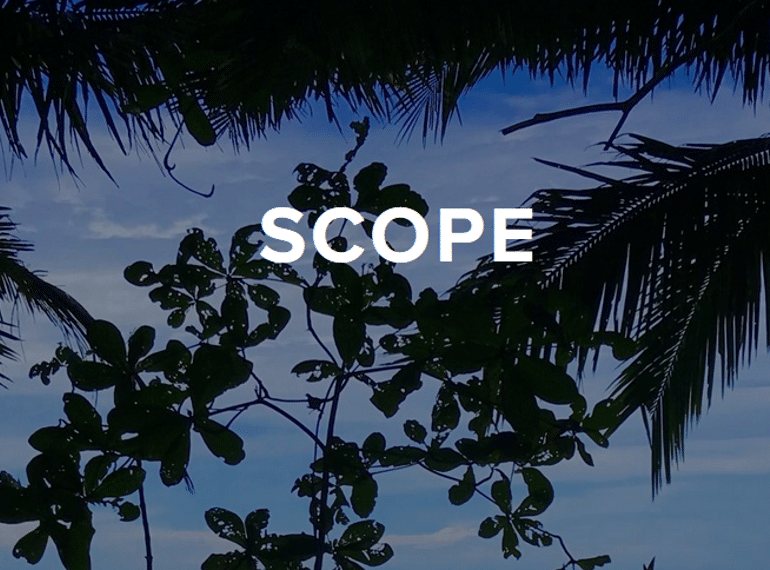
Two-and-a-half years after he founded it, sixth-former Ryan Ratnam’s website and online journal has stood the test of time as a platform for young people to write about what really interests them.
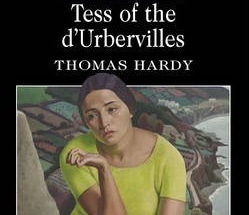 Many QE boys and pupils from other leading schools have taken the opportunity to express themselves through the Scope Project. And, with no word limits imposed and considerable editorial freedom allowed, the range of topics explored is eclectic indeed, from Venezuelan hyperinflation to Was Thomas Hardy really a feminist, from Are we living in reality? to Facebook’s currency, Libra.
Many QE boys and pupils from other leading schools have taken the opportunity to express themselves through the Scope Project. And, with no word limits imposed and considerable editorial freedom allowed, the range of topics explored is eclectic indeed, from Venezuelan hyperinflation to Was Thomas Hardy really a feminist, from Are we living in reality? to Facebook’s currency, Libra.
Ryan was inspired to start Scope when he was part of a joint academic symposium with North London Collegiate School (NLCS) in Year 10, where he and his friends relished the experience of sharing ideas. He wanted to create a channel through which young people could share their interests and make topics digestible to others: “news for young people, by young people”, as he says.
The scope of Scope has now broadened, as Ryan also runs an affiliated society – Microscope – for QE boys in Years 7 & 8. The society allows them to investigate the topics that interest them, to share their perspectives on news and issues and to gain writing experience. Ryan meets with them fortnightly, when they discuss the news (in different sectors) and work on writing techniques. The boys then produce pieces each half-term for a dedicated section of the website.
Headmaster Neil Enright said: “My congratulations go to Ryan for his leadership in creating the Scope Project and for the persistence and hard work he and his team have shown to ensure its success over time.
“What he has done coheres very well with our aim as a School of nurturing free-thinking scholarship among the boys, encouraging them to go beyond the confines of their classroom syllabus, pursuing their own genuine academic interests.”
Ryan, who is Chief Editor, received some help early on from his then-Head of Year, Kimberly Jackson (now an Assistant Head at The Henrietta Barnett School (HBS)) and Nisha Mayer, QE’s Head of Academic Enrichment, who helped him set up the project and promote it through the eQE portal.
The project was developed collaboratively, with pupils from NLCS, HBS and Westminster School all involved alongside QE boys with taking the concept of the symposium and translating that to an online editorial platform.
The website covers a broad range of areas. The designated menu areas are: current affairs; entertainment; history; literature; languages; philosophy/psychology; sport; science and technology. The ‘languages’ tab features writing in foreign languages including, to date, French, German and Spanish.
The main goal is for people to write about what really interests them personally. Ryan, for example, has written on Japanese history – “Something I would be unlikely to talk about in the playground!
“For me, free-thinking scholarship is about being open to new ideas and perspectives, going beyond the curriculum”.
The articles and features are looking to test opinion and challenge it, he says, citing as an example a piece on feminism, accompanied by a survey to interrogate young people’s knowledge an perceptions of this subject. “Opinions shape your character; figuring out what you think is part of maturing.”
Scope gives young people the opportunity to learn about new things and a place to share their ideas, slightly removed from the pressures of social media. “Lots of people get their news from social media, with the flashy headlines and fear-mongering.” Scope seeks to avoid the dangers of ‘sound-bite’ journalism through its long-read format for the main articles, although there are also bite-sized snippets in monthly digests on the website too, as a shorter snappier way in for some new readers.
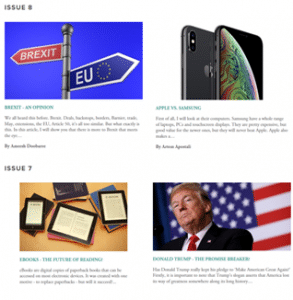 Where social media does come in is through its use to broaden the reach of the Scope project website, with accounts currently being set up to help drive traffic. Scope’s readership has grown largely through ‘word-of-mouth’ and it is now being read in countries across the world, according to the analytics.
Where social media does come in is through its use to broaden the reach of the Scope project website, with accounts currently being set up to help drive traffic. Scope’s readership has grown largely through ‘word-of-mouth’ and it is now being read in countries across the world, according to the analytics.
Ryan noted the editorial challenges around how subjective articles should be, particularly regarding politics. The editorial team, which includes a number of senior QE boys, look for some balance to arguments, but do not require impartiality, and many articles are, in fact, comment pieces.
However, he stresses that using evidence is crucial: “It is really important to ground your arguments in evidence – this is the only way someone can make what they say valid.” This is emphasised to the younger boys involved in Microscope, ensuring that the principles of scholarship are maintained.
Here is a small sample of Scope articles contributed by QE boys, all of whom are currently in Year 13:
- How the sun set on the British Empire – Chris Hall
- The cultural and historical significance of historical epidemics – Sparsh Sutariya
- The Tunguska Event – Senan Karunadhara
- Captain Marvel review – Josh Osman
- Buy an army for just $285bn – Alistair Law
- How should central banks take the quantity of money into account when determining policy changes? – Rishi Shah
- Crisis of the European Centre-Left – Alex Beard
- Thomas More’s Utopia – Ryan Ratnam
- Macron sous pression – Oscar Smith
- Do humans understand infinity? – Nikhil Handa
- The distribution of money in cricket – Adam Hassan
- Medical ethics – a guide – Deniz Kaya
- Strides in HIV research – Vithusan Kuganathan.
Microscope articles include:
- Brexit – An opinion – Ameesh Doobaree (Year 8)
- E-books – the future of reading? – Ady Tiwari (Year 8)
- Usain Bolt and football – Kiaron Lad (Year 8).
The next edition, which is due out imminently, will be the fifth edition of Microscope and the tenth of Scope overall.
The editorial team also includes Alex Beard, Vithusan Kuganathan, Rishi Shah and Alistair Law.
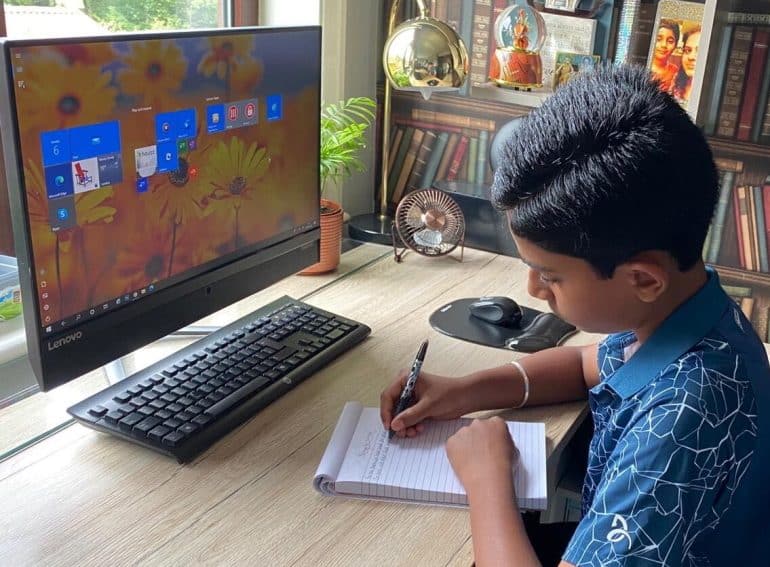
 Year 8 boy Surya’s poem, The Pathway to Triumph!, was selected to feature in an international collection of writing from the Young Writers organisation entitled Write To Unite – Together We Stand.
Year 8 boy Surya’s poem, The Pathway to Triumph!, was selected to feature in an international collection of writing from the Young Writers organisation entitled Write To Unite – Together We Stand.

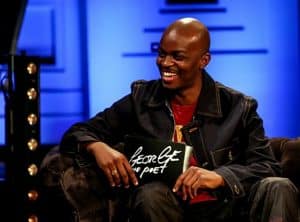 Anthony was quoted by the
Anthony was quoted by the 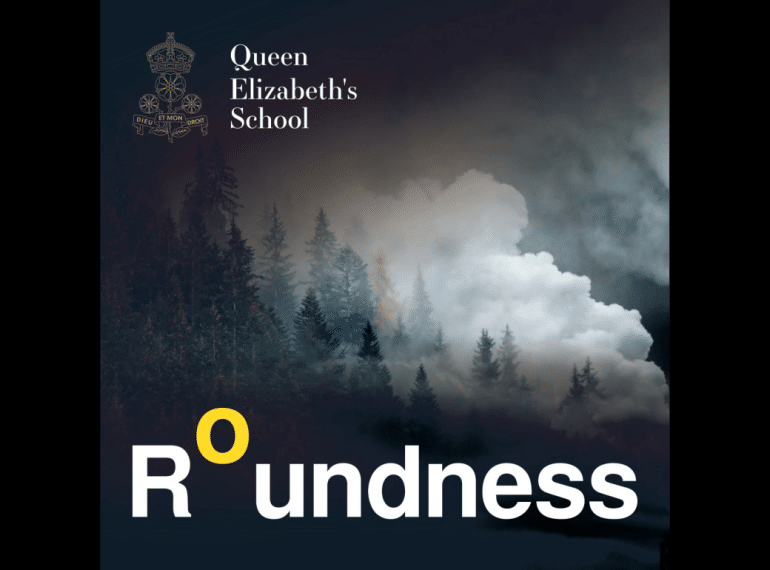
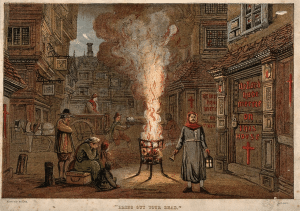 Both the podcast and the account – about Samuel Pepys and the Great Plague of 1665 – are part of an extensive selection of content curated by Head of Library Services Surya Bowyer for boys to access during the pandemic lockdown.
Both the podcast and the account – about Samuel Pepys and the Great Plague of 1665 – are part of an extensive selection of content curated by Head of Library Services Surya Bowyer for boys to access during the pandemic lockdown.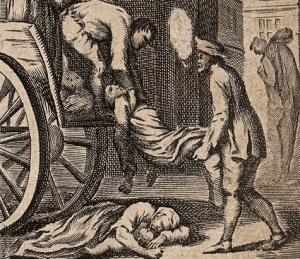 Mr Bowyer adds: “One coping strategy when we face a crisis like Covid-19 is to document our experiences in some way. More than 350 years ago, that was exactly what Samuel Pepys, a young civil servant living in London, did in his diary when the capital was hit by the Great Plague in 1665 – the worst epidemic in England since the Black Death of 1348. His reaction, and that of his fellow Londoners, is set out in our Pepys and the plague page.”
Mr Bowyer adds: “One coping strategy when we face a crisis like Covid-19 is to document our experiences in some way. More than 350 years ago, that was exactly what Samuel Pepys, a young civil servant living in London, did in his diary when the capital was hit by the Great Plague in 1665 – the worst epidemic in England since the Black Death of 1348. His reaction, and that of his fellow Londoners, is set out in our Pepys and the plague page.”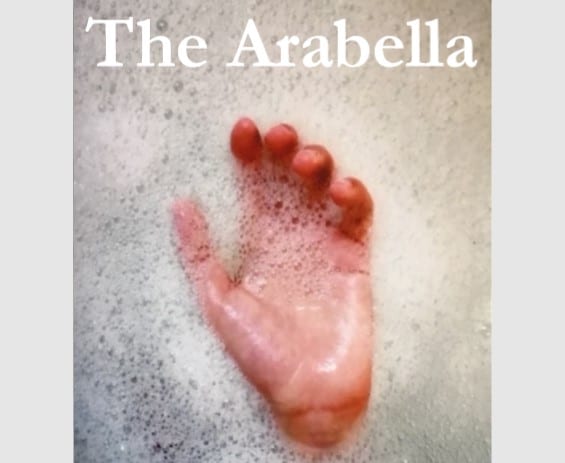
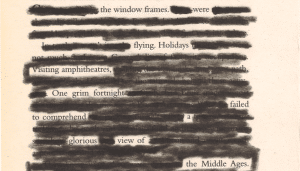 A number of activities and competitions have taken place to stretch the boys and encourage them to use their imagination and be creative. These included a ‘blackout’ poetry workshop, during which boys had to black out the majority of a piece of text, leaving only a handful of words to make a poem. Head of English, Robert Hyland, launched a Brave New World poetry competition, which was followed by an art competition on the same theme.
A number of activities and competitions have taken place to stretch the boys and encourage them to use their imagination and be creative. These included a ‘blackout’ poetry workshop, during which boys had to black out the majority of a piece of text, leaving only a handful of words to make a poem. Head of English, Robert Hyland, launched a Brave New World poetry competition, which was followed by an art competition on the same theme.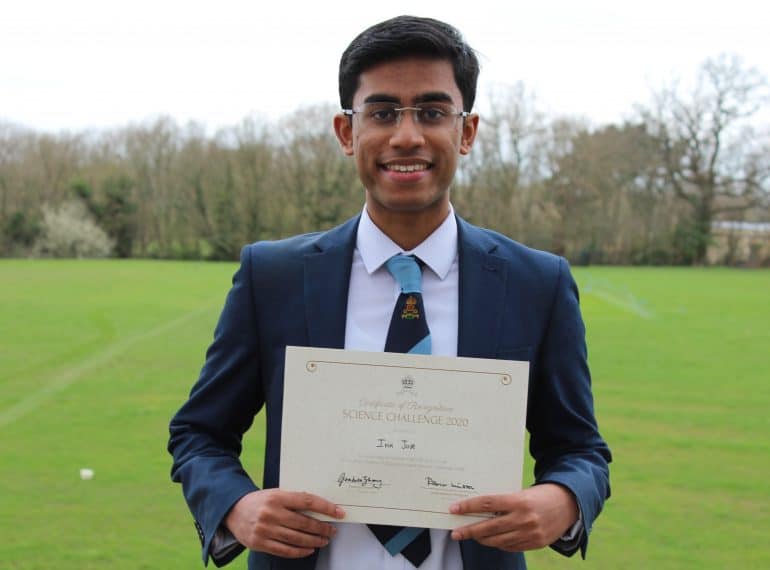
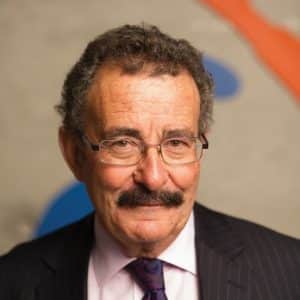 Ivin, of Year 12, was shortlisted as one of the three finalists for his category and was invited to the awards ceremony in the Royal Society of Chemistry Library.
Ivin, of Year 12, was shortlisted as one of the three finalists for his category and was invited to the awards ceremony in the Royal Society of Chemistry Library.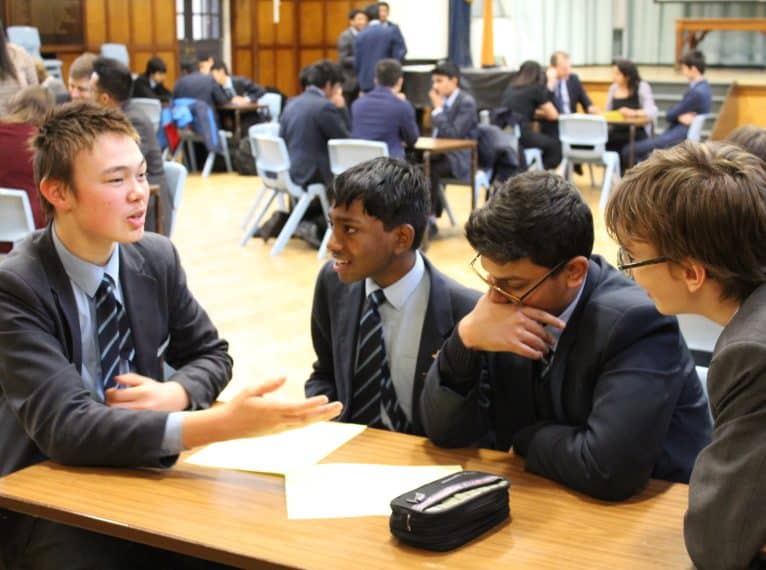
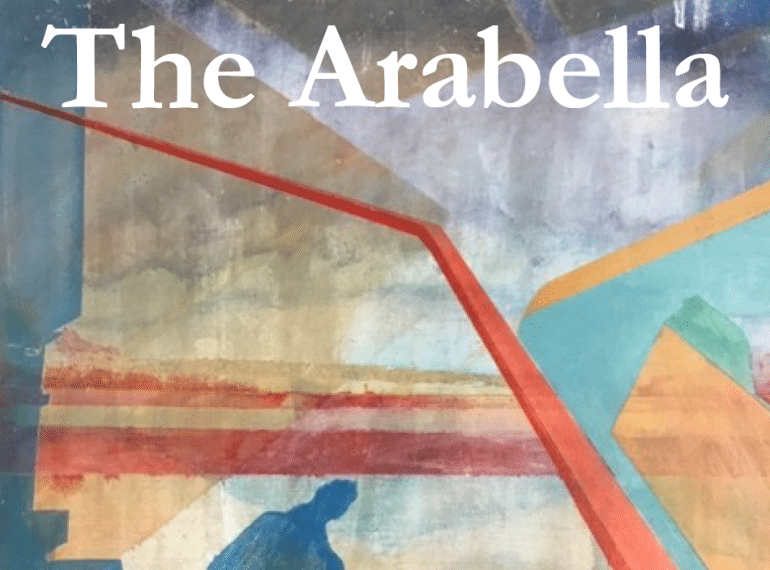
 The 18-page launch issue, which has been published both as hard copies and digitally on the School’s internal eQE web portal, features prose and poetry, as well as art, contributed by boys from Year 7 to Year 13. The artwork shown here, right, is by Sai Sivakumar, of Year 9.
The 18-page launch issue, which has been published both as hard copies and digitally on the School’s internal eQE web portal, features prose and poetry, as well as art, contributed by boys from Year 7 to Year 13. The artwork shown here, right, is by Sai Sivakumar, of Year 9. Editor-in-chief Josh Osman, of Year 13, wrote in his foreword of the “abundance of creativity flooding the halls of QE” and said the magazine would provide an additional platform for boys who wished their work to be seen. “For the first issue, we received an overwhelming number of fantastic submissions, with impressive themes ranging from memory to social equality,” he said.
Editor-in-chief Josh Osman, of Year 13, wrote in his foreword of the “abundance of creativity flooding the halls of QE” and said the magazine would provide an additional platform for boys who wished their work to be seen. “For the first issue, we received an overwhelming number of fantastic submissions, with impressive themes ranging from memory to social equality,” he said.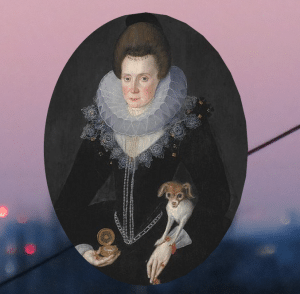 The magazine is named after Arabella Stuart, a noblewoman with connections to the School’s early history, who died a tragic death in the Tower of London.
The magazine is named after Arabella Stuart, a noblewoman with connections to the School’s early history, who died a tragic death in the Tower of London.
 Many QE boys and pupils from other leading schools have taken the opportunity to express themselves through the
Many QE boys and pupils from other leading schools have taken the opportunity to express themselves through the 
 Where social media does come in is through its use to broaden the reach of the Scope project website, with accounts currently being set up to help drive traffic. Scope’s readership has grown largely through ‘word-of-mouth’ and it is now being read in countries across the world, according to the analytics.
Where social media does come in is through its use to broaden the reach of the Scope project website, with accounts currently being set up to help drive traffic. Scope’s readership has grown largely through ‘word-of-mouth’ and it is now being read in countries across the world, according to the analytics.
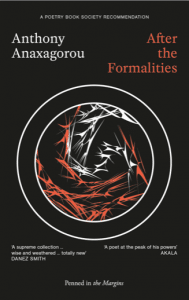 After the Formalities, a collection of poems by Old Elizabethan Anthony (1994–1999) was selected by the judges among the nominees for the £25,000 prize, the UK’s most valuable poetry award.
After the Formalities, a collection of poems by Old Elizabethan Anthony (1994–1999) was selected by the judges among the nominees for the £25,000 prize, the UK’s most valuable poetry award.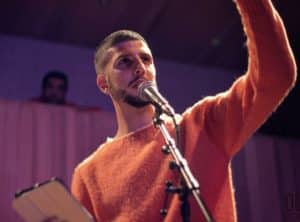 “In an excellent year for poetry, the judges read over 150 collections from every corner of these islands, and beyond,” said Mr Burnside. “Each had its own vital energy, its own argument to make, its own celebration or requiem to offer, and we knew that settling upon ten from so many fine books would be difficult. Nevertheless, as our deliberations progressed, the same titles kept coming to the fore.”
“In an excellent year for poetry, the judges read over 150 collections from every corner of these islands, and beyond,” said Mr Burnside. “Each had its own vital energy, its own argument to make, its own celebration or requiem to offer, and we knew that settling upon ten from so many fine books would be difficult. Nevertheless, as our deliberations progressed, the same titles kept coming to the fore.”